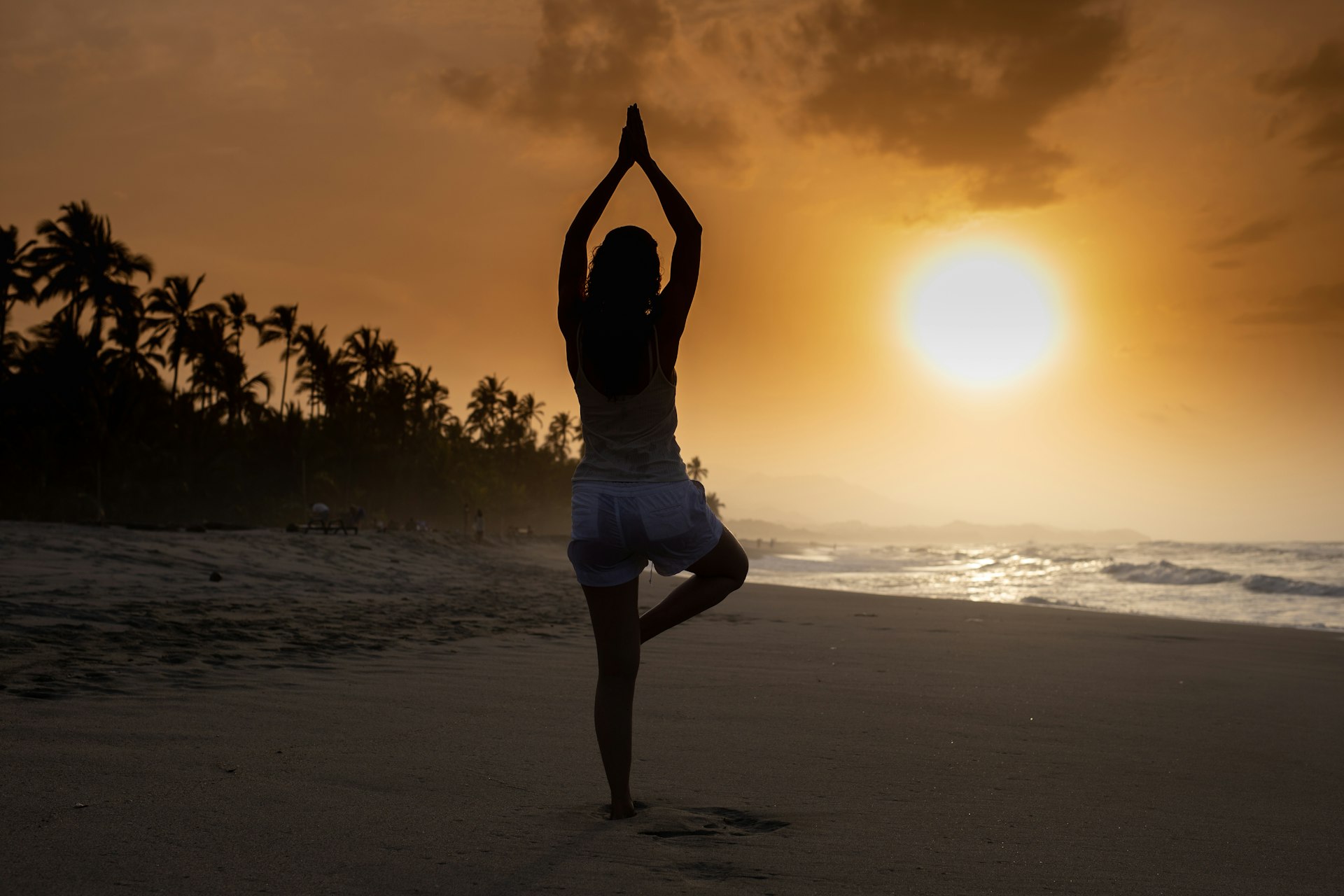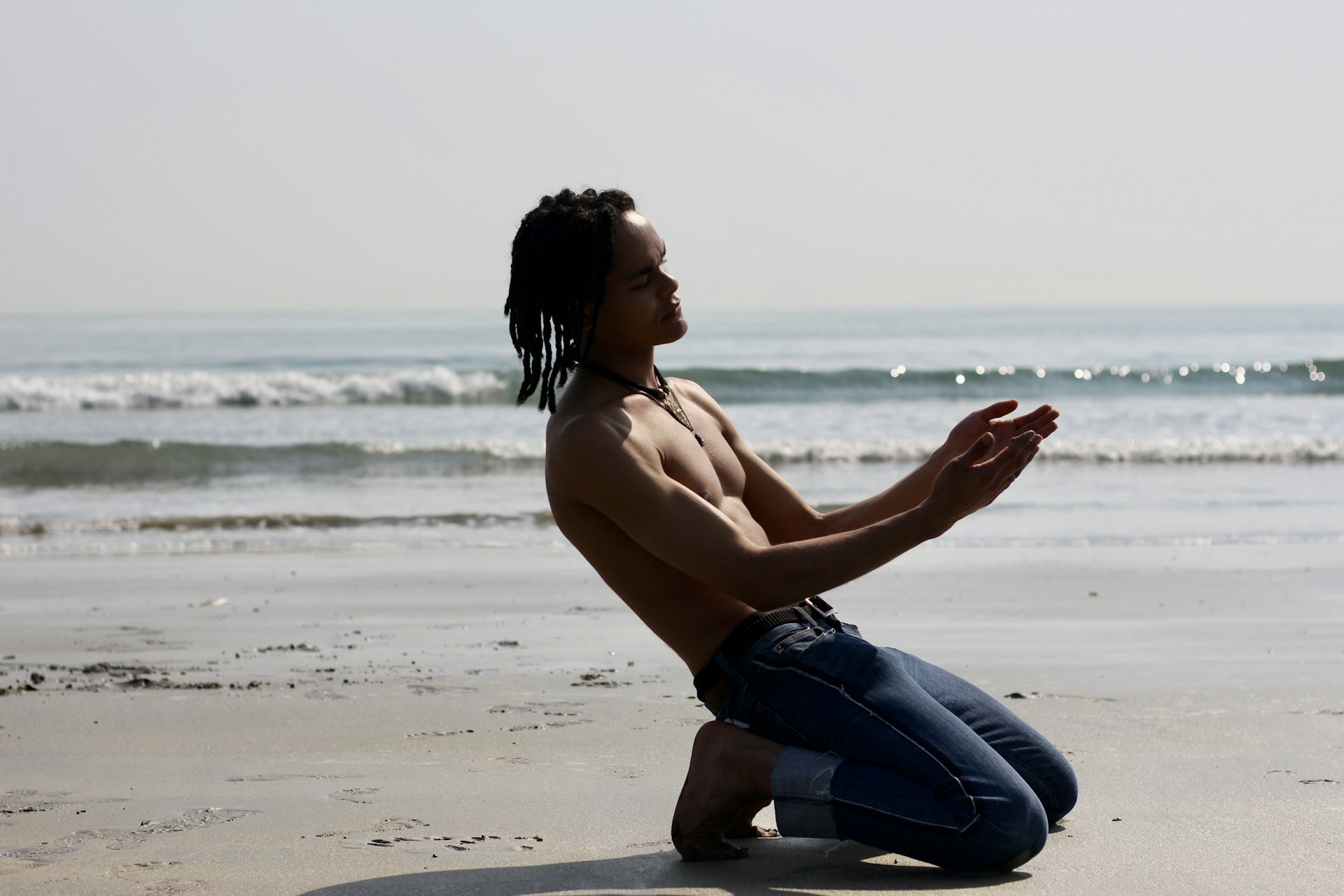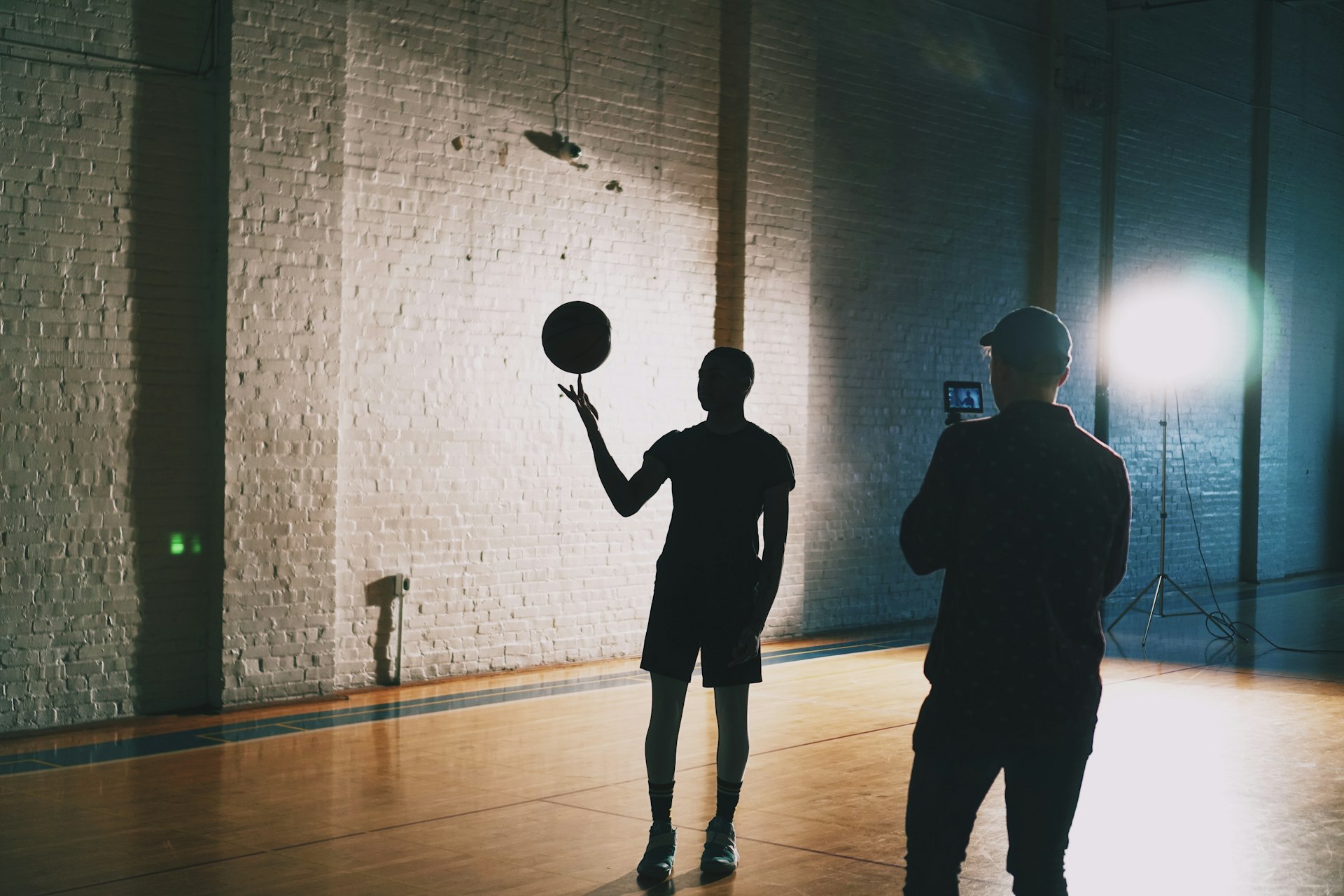How Literature and Entertainment Merge: The New Era of Adaptation and Storytelling

Photo by Haberdoedas II on Unsplash
The Dynamic Convergence of Literature and the Entertainment Industry
The relationship between literature and the entertainment industry has deepened dramatically in the last two decades. This fusion is not simply about books becoming movies or series-it’s a comprehensive, creative partnership that redefines how stories are told, monetized, and experienced by global audiences. As both sectors evolve, understanding this synergy offers unique opportunities for authors, producers, investors, and fans to participate in the growing narrative economy.
How Literature Powers Blockbusters and Streaming Hits
Book-to-film and book-to-series adaptations have become a major economic and cultural force. According to a 2019 Statista report, over half of the top 20 highest-grossing films in the last twenty years originated from books or comics
[1]
. Franchises such as
Harry Potter
,
The Lord of the Rings
, and
Game of Thrones
demonstrate how literary IP can be developed into global entertainment brands, generating revenue through box office sales, streaming, merchandise, and even theme parks.
Streaming platforms like Netflix and Hulu have further accelerated this trend. For instance, Netflix’s adaptation of
The Witcher
-based on Andrzej Sapkowski’s novels-garnered 76 million views in its first month, largely due to the built-in literary fanbase and robust social media engagement prior to launch
[1]
.
Business Partnerships: Publishers and Studios Collaborate
The fusion of literature and entertainment is formalized through strategic partnerships between publishing houses and production companies. An example is Random House Films, a venture where the publisher Random House and the film studio Focus Features share creative, financial, and production responsibilities for adapting books into movies. This model ensures that projects benefit from both editorial expertise and cinematic storytelling, while also allowing for cross-promotion-books about films and vice versa [2] .
Studios such as Walden Media support the adaptation of children’s literature and collaborate with organizations like the American Library Association and educational groups to promote both reading and moviegoing [2] . This alliance expands the market for stories and creates multiple touchpoints for consumer engagement.
Creative Experimentation: Adapting and Expanding Narratives
Modern adaptations go far beyond simply translating a book to the screen. Writers and showrunners now experiment with structure, tone, and format to create new experiences. For example, Hulu’s
The Handmaid’s Tale
expands on Margaret Atwood’s dystopian novel, adding characters and subplots to reflect contemporary issues
[1]
. HBO’s
Big Little Lies
built upon Liane Moriarty’s novel, evolving the story into a multi-season drama that introduced new conflicts and character arcs.
Television formats particularly allow for deeper character development and richer world-building. Shows like
House of Cards
and
Penny Dreadful
blend literary references and original interpretation, sometimes merging multiple classic works into a single narrative universe
[4]
. This adaptation trend gives literature extended life and draws new audiences to classic and contemporary works.
Practical Steps for Authors and Producers Seeking Collaboration
If you are an author or a rights holder seeking to pitch your book for film or TV adaptation, consider the following guidance:

Photo by Anastacia Dvi on Unsplash
-
Rights Management:
Ensure your literary rights are clearly defined and, if possible, represented by an agent experienced in entertainment contracts. Rights management is a crucial step for protecting your interests and maximizing potential revenue. -
Market Research:
Identify production companies or streaming platforms known for adapting works in your genre. Many publishers maintain relationships with media scouts who track book-to-screen trends and can broker introductions. -
Submission Process:
Prepare a concise pitch including the book’s logline, synopsis, major themes, and unique selling points. If you are unrepresented, consider attending industry events such as literary festivals or film markets where publishers and producers connect. -
Networking:
Engage with professional organizations such as the Authors Guild, the Writers Guild of America, or the Producers Guild of America for up-to-date best practices and potential contacts. These organizations often provide directories, webinars, and events for networking and education.
For producers and screenwriters interested in literary IP:
- Acquire rights through direct negotiation with authors, literary agents, or publishers. Be prepared for competitive bidding, especially for bestsellers or acclaimed works.
- Consider lesser-known or independent works that have strong critical or cult followings, as these may offer more affordable options with high creative potential.
- Stay informed about new releases and award winners, which often draw industry attention and may be available for adaptation before major deals are announced.
Opportunities for Fans, Educators, and Community Organizations
The synergy between books and screen opens new avenues for fan engagement and educational programming. Libraries and community groups often host book clubs, screening events, and panel discussions on adaptations. For example, some local libraries offer ‘Book vs. Movie’ programs, inviting participants to critique adaptations and discuss the creative choices involved [2] .
Educators can leverage film adaptations to make literature more accessible and relatable, especially for younger audiences. By comparing text and screen versions, students gain critical thinking skills and a deeper appreciation for narrative structure and artistic interpretation. Many publishers and studios provide official teaching guides and discussion materials for popular adaptations. You can typically find these resources by searching for the book or film title along with ‘teaching guide’ or ‘educator resources’ on the publisher’s or studio’s official website.
Challenges and Solutions in the Adaptation Process
Despite the benefits, adapting literature for the screen presents several challenges. Not all stories translate easily to visual media. Complex internal narratives or experimental prose may require significant creative reinterpretation. Fan expectations can also be difficult to manage, especially for beloved classics. Discrepancies between the source material and its adaptation can lead to divided opinions among audiences [3] .
Solutions include:
- Involving the original author in the adaptation process, when possible, to preserve core themes and intent.
- Employing skilled screenwriters who can capture the spirit of the book while making necessary adjustments for pacing and visual storytelling.
- Communicating with fans through official channels to set expectations and explain creative choices.
Alternative Pathways: Beyond Books-to-Screen
The fusion of literature and entertainment is not limited to direct adaptations. Other opportunities include:
-
Original Screenplays Inspired by Literary Themes:
Many films and series are inspired by literary motifs, genres, or historical periods, even if not based on a specific book. -
Reverse Adaptations:
Some successful movies and series are novelized or expanded into book series, creating new revenue streams and extending the life of the IP [2] . -
Cross-Media Storytelling:
Interactive experiences, such as video games and podcasts, now adapt literary works or build upon their universes, further blurring the boundaries between media formats.
Authors, publishers, and producers can explore these alternative approaches by collaborating with creative agencies, game studios, and digital media companies. To identify potential partners, search for companies specializing in transmedia storytelling or reach out to professional associations in your region.
Key Takeaways and Next Steps
The fusion of literature and entertainment is a vibrant, evolving field with vast opportunities. Whether you are a creator, business professional, educator, or fan, you can participate by:
- Staying informed about adaptation trends through industry publications and official studio announcements.
- Networking with relevant organizations and participating in community events.
- Exploring educational and creative programs at your local library, school, or arts center.
- For creators, ensuring your rights are protected and seeking professional representation for adaptation deals.
If you wish to take the next step, consider searching for “book-to-film rights acquisition,” “literary adaptation industry events,” or “teaching guides for book-to-film adaptations” using reputable publishers, professional guilds, or established entertainment companies as your starting points. For official guidance, visit the websites of the Authors Guild, Writers Guild of America, or Producers Guild of America for best practices and contact information.
References
- [1] Yonkers Times (2023). How literature fuels Hollywood and streaming giants: Book adaptation trends and business insights.
- [2] NYU Stern School of Business (2006). Synergies between the publishing and film production industries.
- [3] Street Writers (2022). Relationship between books and cinema: Movies about literature.
- [4] Fusion Magazine (2019). Contemporary television series and literature: An intense, transformative embrace.
MORE FROM getscholarships.net













